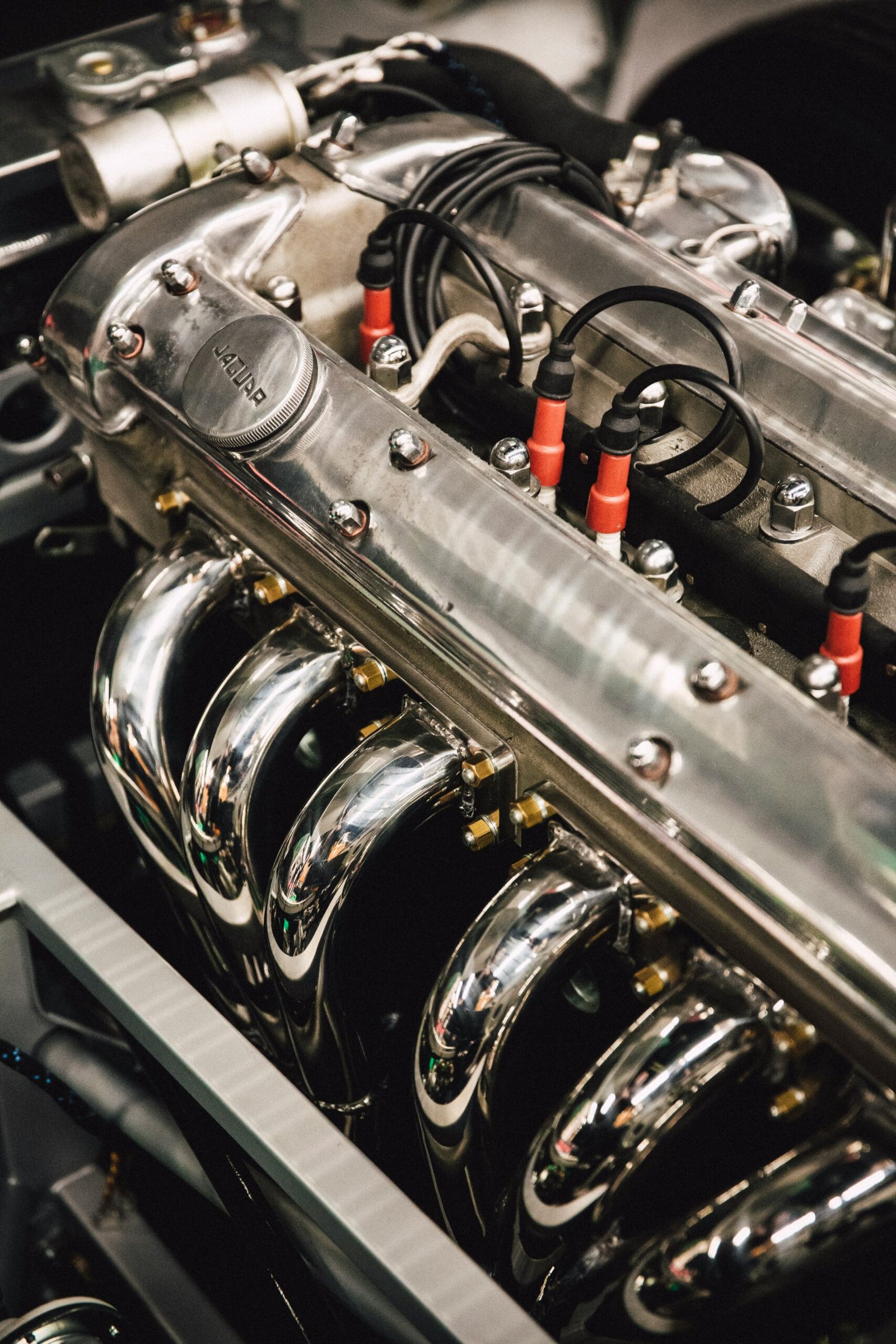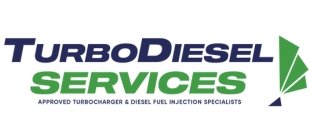Enhancing Engine Performance and Efficiency with Upgrade

When it comes to improving the performance and efficiency of an engine, upgrades play a crucial role. These upgrades can enhance the overall power output, fuel efficiency, and reliability of the engine. In this article, we will explore some of the most effective upgrades that can significantly improve engine performance and efficiency.
1. Air Intake System Upgrade
An upgraded air intake system can greatly improve engine performance. By increasing the amount of air entering the engine, it allows for better combustion and increased power output. Upgrading to a high-flow air filter and a cold air intake system can optimize the air-fuel mixture, resulting in improved fuel efficiency and enhanced engine response.
2. Exhaust System Upgrade
A well-designed exhaust system upgrade can have a significant impact on engine performance. By reducing backpressure and improving exhaust flow, it allows for better scavenging of exhaust gases, resulting in increased power and torque. Additionally, an upgraded exhaust system can enhance fuel efficiency by reducing engine pumping losses and improving overall engine breathing.
3. Tuning and Engine Management
Optimizing the engine’s tuning and management system can unlock its full potential. Upgrading to a performance-oriented engine control unit (ECU) or using a tuning software can fine-tune various parameters such as fuel delivery, ignition timing, and boost pressure. This can result in improved power output, better throttle response, and enhanced fuel efficiency.
4. Fuel System Upgrade
An upgraded fuel system can significantly improve engine performance and efficiency. Upgrading to high-flow fuel injectors, a high-performance fuel pump, or a larger fuel rail can ensure proper fuel delivery to meet the engine’s increased demand. This upgrade can optimize fuel atomization, improve combustion efficiency, and enhance overall fuel economy.
5. Cooling System Upgrade
An efficient cooling system is crucial for maintaining optimal engine performance. Upgrading to a high-capacity radiator, performance cooling fans, or a larger intercooler can help dissipate heat more effectively, preventing overheating and allowing the engine to operate at lower temperatures. This upgrade can result in improved engine reliability, reduced wear and tear, and enhanced overall performance.
6. Ignition System Upgrade
An upgraded ignition system can improve engine performance and efficiency by ensuring optimal spark delivery. Upgrading to high-performance spark plugs, ignition coils, or an upgraded ignition control module can enhance combustion efficiency, resulting in improved power output and fuel economy. A stronger and more consistent spark can also lead to better throttle response and reduced emissions.
7. Performance Enhancing Additives
Using performance-enhancing additives can provide a quick and cost-effective way to improve engine performance and efficiency. Fuel additives, such as octane boosters or fuel system cleaners, can optimize combustion and fuel delivery, resulting in increased power and improved fuel economy. Oil additives can also reduce friction and wear, enhancing engine efficiency and longevity.
Conclusion
Upgrading various components of an engine can have a significant impact on its performance and efficiency. Whether it’s improving the intake and exhaust systems, optimizing engine tuning, upgrading the fuel and cooling systems, enhancing the ignition system, or using performance-enhancing additives, each upgrade plays a vital role in unlocking the engine’s full potential. By carefully selecting and implementing these upgrades, engine enthusiasts can enjoy improved power output, enhanced fuel efficiency, and a more enjoyable driving experience.
